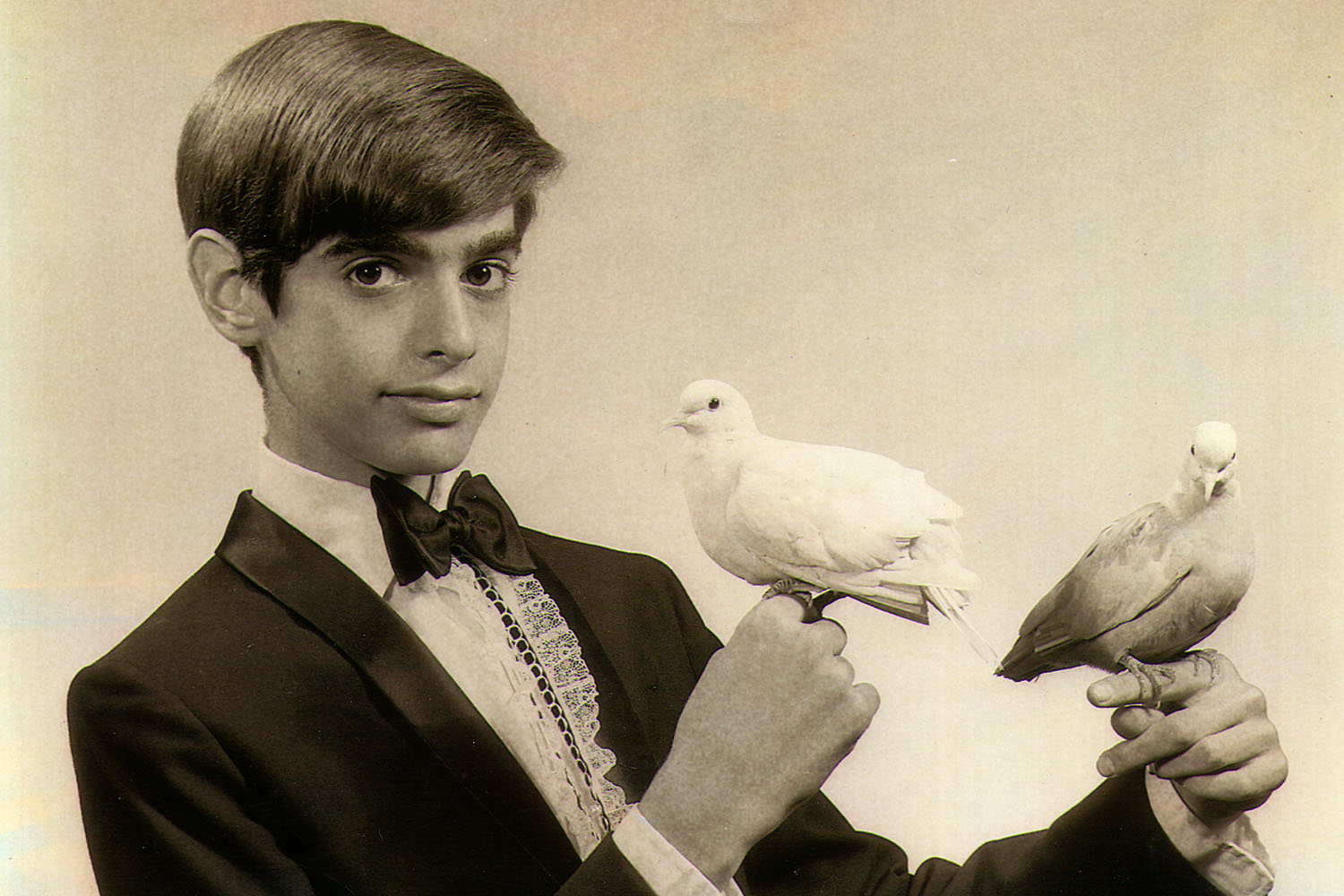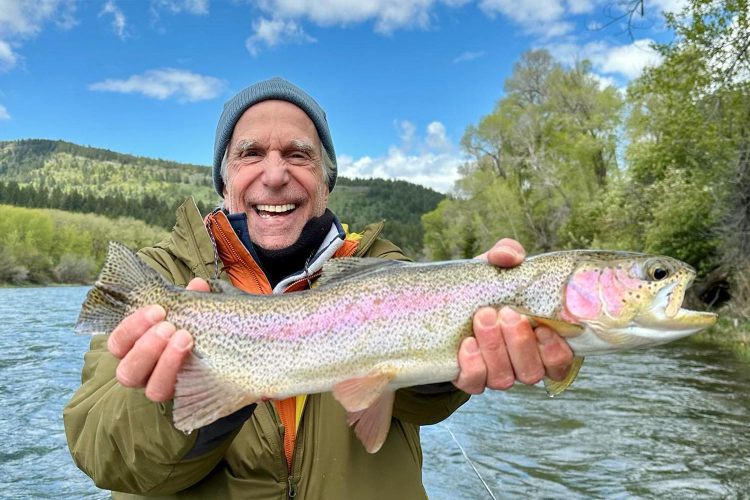Neil Patrick Harris Interviews David Copperfield
NPH sits down with one of the most famous magicians of all time.
Magic is everywhere. It’s all around you. It’s mentioned in conversation, referenced in explanation, it’s the basis for most theories.
I should clarify: I don’t mean maaagic is evvvverywhere. This is Wondercade, and I’m being quite literal. If you know me at all, like, at all at all, you know I adore magic. I champion it. It’s my thesis statement, the nucleus of my molecule, the hobby that continues to bring me the greatest of joys. So yeah, I talk about it a lot. Dedicating an issue of this here pony and dog show to my favorite of favorites, well, even the shittiest of mentalists could’ve seen that coming…
I’ve always loved the tricks. The effects. The secrets. When I was five or six years old, my mom’s father (the magnificent G. Walter Scott) used to show me card tricks and optical illusions and bar bets — I was hooked. When I was seven or eight, I walked into my first magic shop (the perfectly named Fool’s Paradise) and saw the shelves filled with future fun — I was lined. When I was nine or ten, I saw David Copperfield at Popejoy Hall in Albuquerque, performing cutting-edge illusions right before my eyes — I was sinkered. I’d save allowance money and buy sponge balls and finger choppers. I’d order from the Abbott’s Magic Catalog and check the mailbox each day for Paul Osborne illusion plans to arrive. Whenever variety shows featured magicians, I’d record them on VHS tapes and endlessly watch and rewind. My god, do I sound old.
Well, as I’ve aged, magic and I have developed quite a wondrous working relationship. I performed magic for Johnny Carson, Arsenio Hall, David Letterman, Jay Leno, Ellen DeGeneres. I sawed a woman in half on the Jerry Lewis Telethon. I became a Junior member at the Magic Castle, and worked my way up the ranks until I was President of the place for a few years. I’ve directed shows for Derek DelGaudio and Guy Hollingworth — names that may mean little to many, but for those in the know…mad street cred. I’ve written a series of four middle grade fiction books called The Magic Misfits, soon to become an animated series. So, suffice it to say, this magic thing is more than just a passing phase. It’s a big part of who I am.
I think magic and the ideas behind it are brilliant. What other vocation allows for groups of people to want to be fooled? Who are looking forward to it? Who relish the chance to suspend disbelief and believe the impossible is possible? Even for just a few fleeting moments…even when they know it isn’t real…there is something beautiful and unique about that give and take. It’s hard to describe, and yet thrilling to experience.
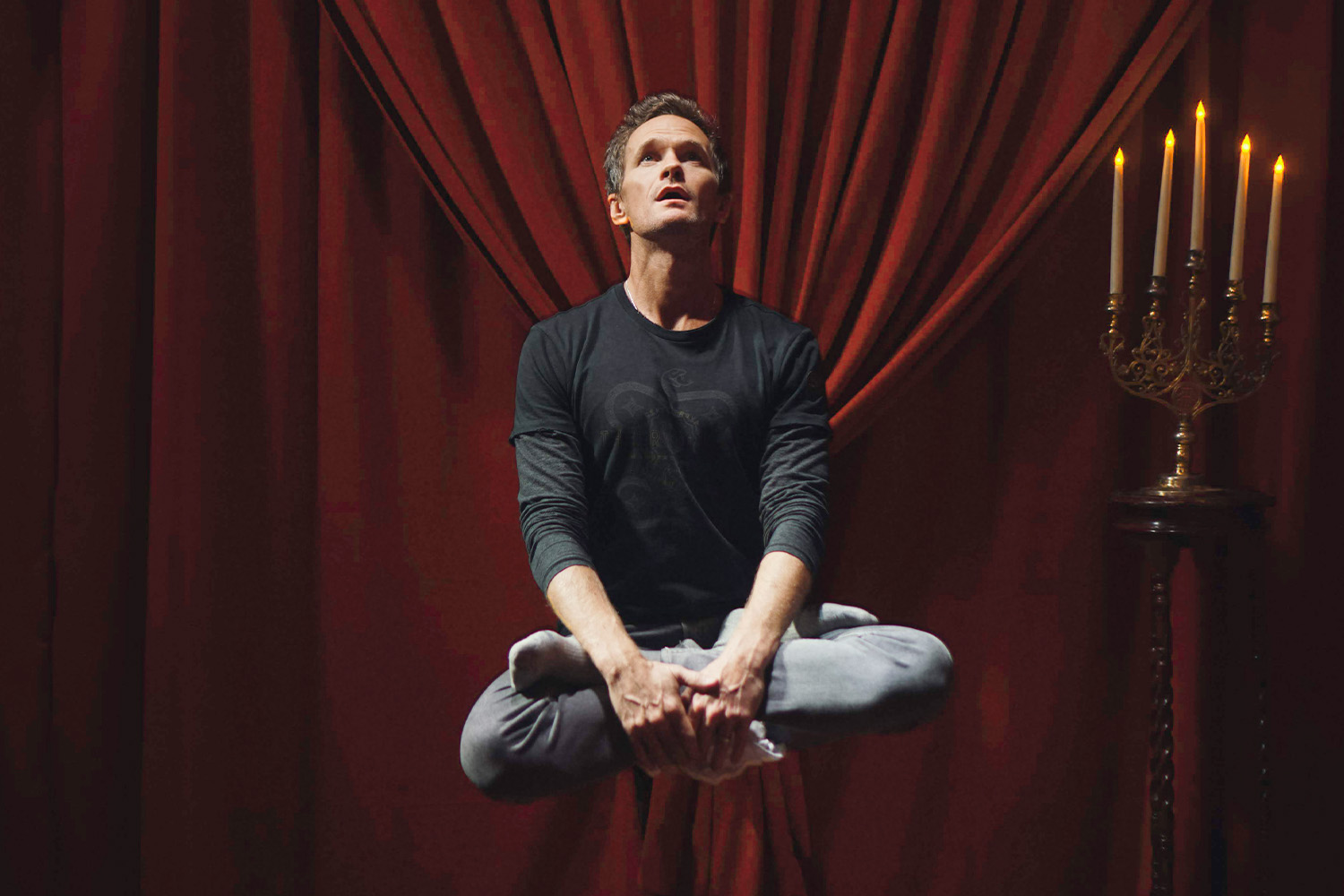
When I stood in the back of a theater and watched my friend, the great magician Ed Alonzo, win over an entire audience, make hundreds of people laugh so uproariously that sides were clutched, tears were shed, watched all of them leap to their feet for a deafening (and well deserved) standing ovation…man, that was, just, real magic. It’s intoxicating. And I’m forever hopeful to share a bit of that with anyone, but especially you. Since that’s kind of what Wondercade is all about.
So it is with the greatest of pleasure that I share this week’s lineup, highlighted by an interview with the greatest magician of our time — maybe any time — David Copperfield. We look backwards and forwards, breaking down his influences and musing about the future of magic (magic in the metaverse, anyone?). Dude also gives us a look at his private magic museum in Las Vegas, and his private island in the Bahamas. Which I guess makes them not so private anymore. – NPH
NEIL PATRICK HARRIS: You have 21 Emmys and the Library of Congress declared you a Living Legend, alongside Steven Spielberg and Martin Scorsese. Not to brag, but I was also declared a Living Legend by the staff of Shake Shack on 125th Street. How does it feel to be in such esteemed company?
DAVID COPPERFIELD: Well now, I feel hungry. Seriously though — it feels humbling. These are legends I grew up idolizing; giants of storytelling. To be used in the same sentence is an honor, and a personal challenge to continue to improve and advance the art I love.
As a kid growing up in Metuchen, New Jersey, I got my inspiration from movies and Broadway theatre – I used to take the bus and sneak into shows during intermission, before I could afford a ticket. New ways to connect magic and storytelling is something I’m really passionate about. That award was very reassuring.
You released a new book about the history of magic. But let’s talk about the present. Is magic still relevant?
More than ever. In a world where everyone can seemingly know everything, and all information is at the tips of our fingers — magic is a reminder to all of us that there are still things we don’t know. There are still worlds we can’t imagine. A reason for people to keep pushing forward. Magic — by definition — expands our belief of what’s possible. The result, I hope, is that people experience magic and challenge their own beliefs of what is possible and impossible in their own lives by extension.
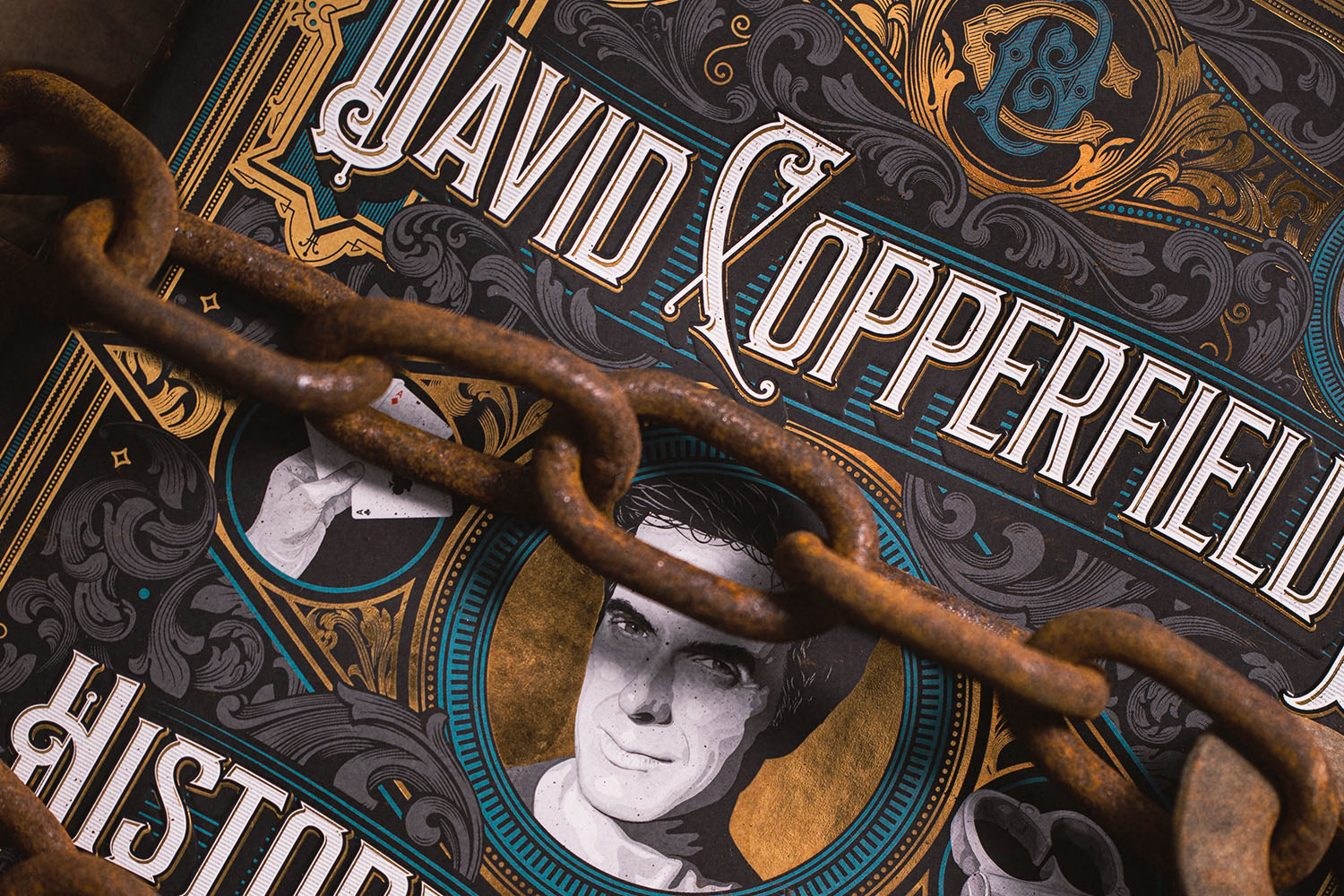
What is the FUTURE of magic?
Time will tell. In my show in Las Vegas, we’re doing things now that I never dreamed would be possible 15 — even 10 — years ago. As technology changes, so does magic, so it’s a constant challenge and push for my team and me to keep going. Twenty-five years ago, it would have been incredible to pull a device out of my pocket and instantly see a friend’s face, live, across the planet. Today, that’s easy with an iPhone. So magic has to keep up with technology, and to a great extent, technology has to keep up with magic.
Indeed, that’s an interesting point. What role do you think technology will play? VR or AR?
Hard to tell, but technology and magic have always worked hand in hand, with one inspiring the other. In the late 1890s, a French magician named Georges Méliès created one of — if not the — first special effects ever captured on camera. Modern cinema was born. I like to imagine that someone saw his film, A Trip to The Moon, and perhaps was inspired to let their imagination of flight run wilder. It was less than 70 years later that we actually did do it — a trip to the moon on Apollo 11.
In magic, I embrace technology — always looking for the latest, greatest piece of engineering. In my show, we use iPhones, email and even spaceships (yes, really!). It’s all about imagination.
And good coding skills. What was it about magic that piqued your interest?
My passion has always been magic, but my inspirations always came from elsewhere. I was fascinated with theatre and cinema — Fred Astaire, Gene Kelly, Orson Welles, Frank Capra, Walt Disney. I saw magic as a similar canvas and aimed to use my art — magic — to tell stories and make audiences feel something in their heart, instead of just being a challenge for the brain.
One of my idols, Jim Henson, felt the same way about puppets. Okay, so I’m fascinated by process — what’s involved in creating a new piece (dare I say illusion?) in your show?
Years and years of agony. I’m joking, sort of — but truly. I often relate magic to music, but creating a new magic effect isn’t like writing a new song; it’s like inventing a new instrument. Each time, we need to invent and build the piano itself — before we can start writing a new “song.” There are no simple structures to build on, like in music or movies. Magic can involve infinite possibilities, from cards to coins to airplanes to the Statue of Liberty.
Every illusion in my show represents thousands of hours of brainstorming, trial and error. I’m lucky to work with an incredible team that inspires me to dig deeper and try new things. But when we get to see the impact — the look on that audience member’s face when they see it for the first time — it’s worth every second.
You own 11 islands in the Bahamas. Oprah’s been there, and as a general rule, I go where Oprah goes. When are we going?
Well, I hear your birthday’s coming up…It’s a seriously magical place! Crystal clear water, beaches that emerge and vanish with the tides, and tons of secret adventures that my team and I created. It’s where I go to recharge. And sometimes hang out with Oprah.

Not a direct invite, but it’s a good start…Your new book (David Copperfield’s History of Magic) showcases your private museum in Las Vegas — with hundreds of thousands of priceless artifacts of magic history. We don’t have time to talk about all of them, but what are some of your favorites?
There’s too many to count! The museum isn’t open to the public, but for good reason. Inside are priceless artifacts and secrets — literally — of the greatest magicians in history. Some of them date back to the 1500s — so, quite fragile! I wanted to share as much of this collection as possible, though, so the book contains 28 of my favorites: from Houdini’s Water Torture Escape to coins that magically passed through the hands of Abraham Lincoln.
How does one acquire hundreds of thousands of magic artifacts? Where did these come from?
It started with the acquisition of the Mulholland Library decades ago. John Mulholland was a magician, magic publisher and magic historian who also worked for the CIA to help them use magic principles in their operations. I still continue to find rare things from various collectors and magic auctions.
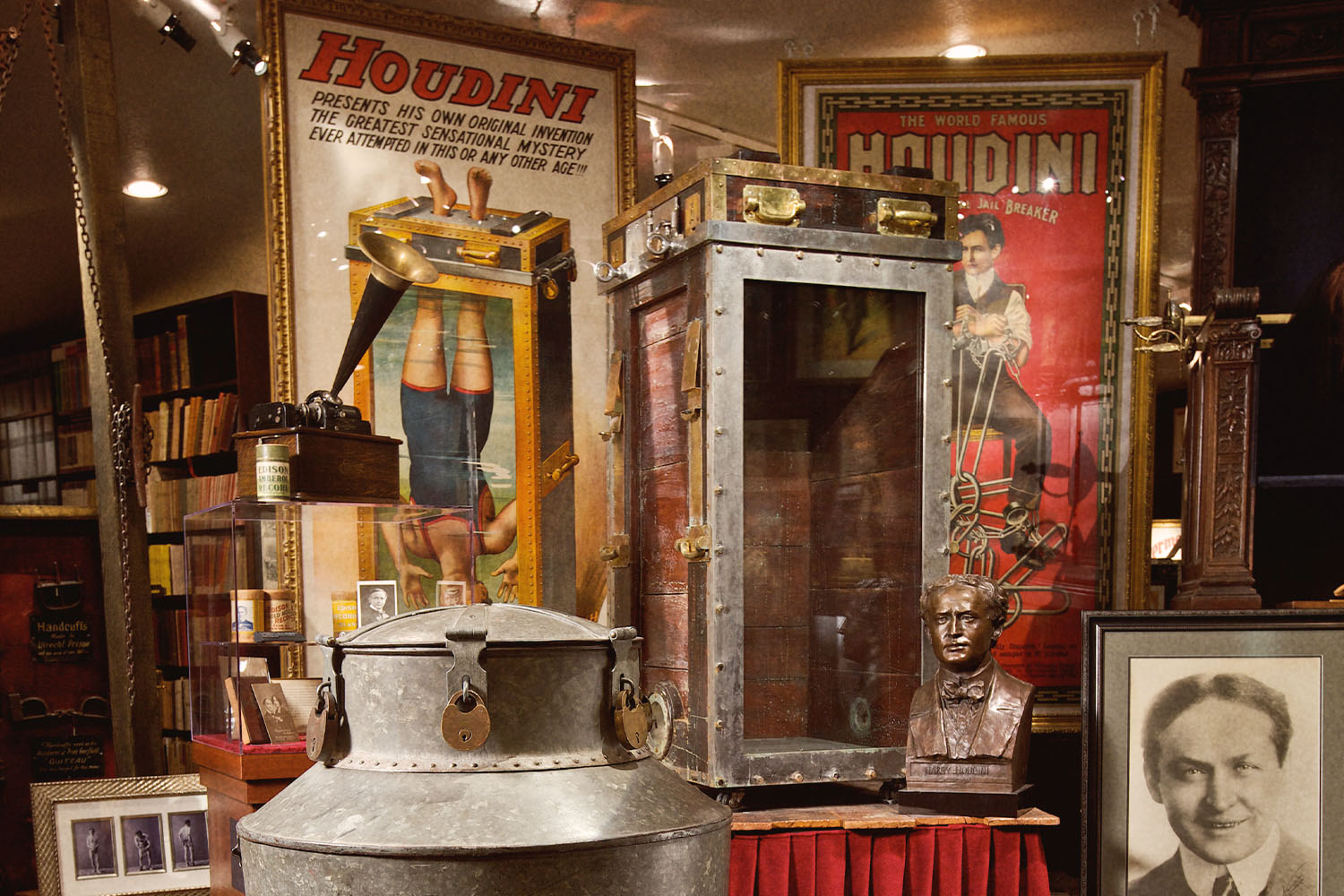
Ah, so it’s you I’ve been bidding against at Potter & Potter! I knew it! [shakes fist at sky] To end on a serious note, I have such admiration for your work and the path you paved for the next generation of magicians. What’s next for you? And what’s next for the future of magic?
Thank you, and likewise! You’re such an incredible performer and advocate for magic, from the Oscars to the Magic Castle. What’s next for magic? It’s interesting…maybe magic in the metaverse…
(And just like that, he disappeared. Perhaps it was magic, or maybe just my spotty Wi-Fi connection on Zoom. We’ll never truly know…)
